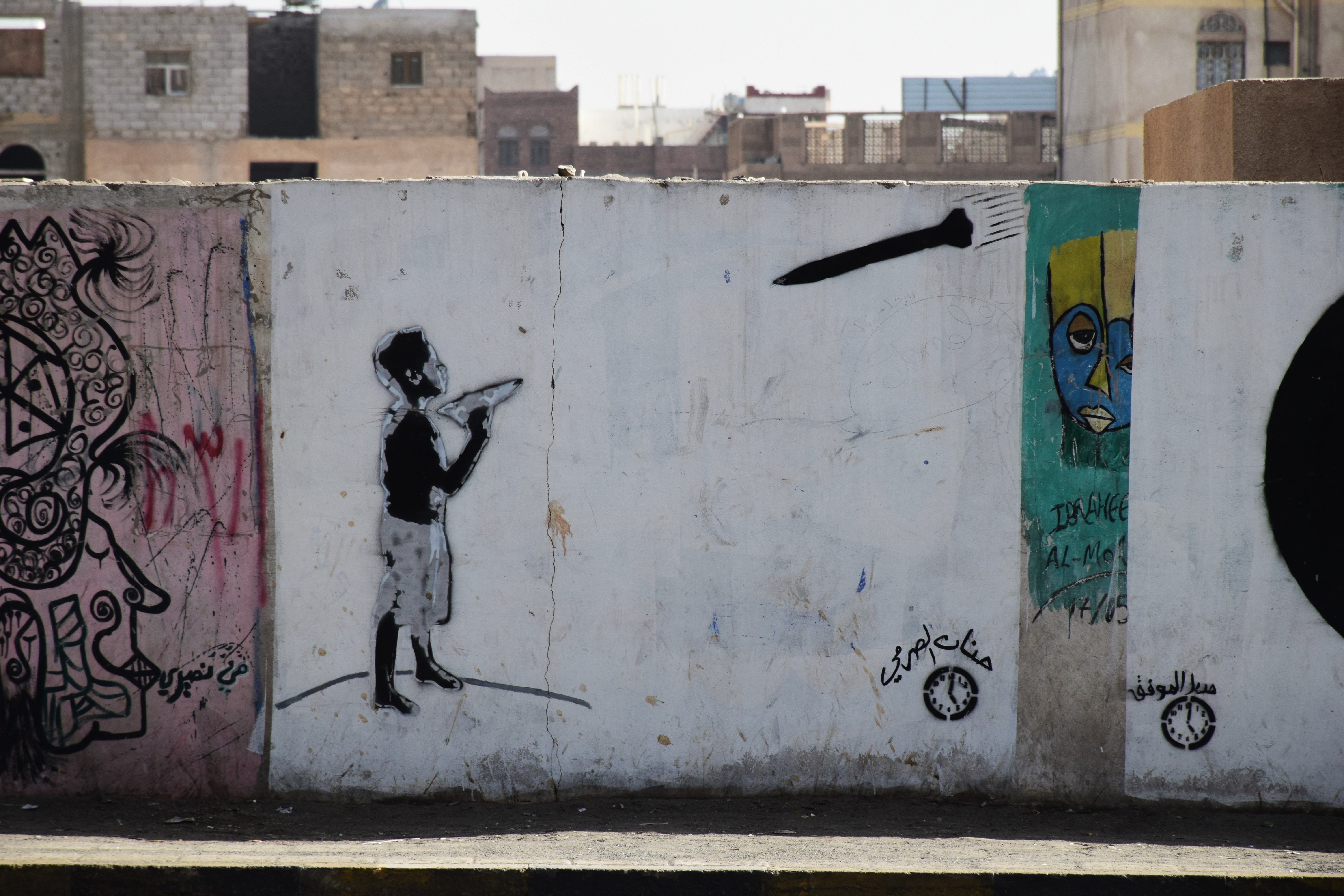Guest post by Daniel Silverman
Caution: this article contains spoilers about the Disney Plus series Andor. Read on with care.
As many critics have noted, Disney’s new show Andor is simply fantastic. With a gritty realism that has often been missing in the Star Wars universe, and some crisp writing, stellar acting, and tense action throughout the series, it is already being discussed as one of the strongest entries in the franchise’s storied history.
But one part of its appeal that critics and fans may not fully appreciate is how realistically grounded the show is in its politics. The show portrays an incipient insurgency against a powerful tyrannical state—the Empire—and the choices and challenges that those on both sides of the conflict face. Here are some key ways it taps into what we know about how insurgencies unfold:
1) The fallacy of over-repression
One key feature of (counter)insurgent campaigns, which the show captures well, is how indiscriminate repression by the state can actually incentivize people to rebel. Research shows that when governments use indiscriminate violence to crush an insurgency—harming people regardless of whether they’re engaged in resistance or not—it often has the opposite of the intended effect. Instead of squashing rebellion, indiscriminate violence can make living in a civilian community more dangerous than living in a rebel hideout and thus encourage more resistance. While people often prefer to try and get on with their lives as best they can in the face of autocratic rule, truly indiscriminate violence can make it “rational” from even a narrow survival point of view to join up with the rebels, since then you may at least enjoy some rebel protection.
This is clearly on display for Cassian Andor, the protagonist of the series. Cassian is a reluctant participant in the insurgency’s first major assault, a daring surprise raid on the imperial base of Aldhani. This attack shakes the Empire to its core, planting the idea that there may be a serious rebellion against imperial rule on its radar. Having participated in the raid through no grand plan of his own, Cassian tries to live a normal life afterwards by fleeing to a beach planet called Niamos under a false name. But the Aldhani raid leads the Empire to pass a host of new security measures that greatly heighten its repression, to the point of no longer being careful about who its agents are targeting. Cassian is soon arrested for walking by a scuffle with imperial agents and appearing suspicious, while doing nothing wrong himself. He is sentenced to six years of hard labor in an imperial prison by a kangaroo court judge, and we see it starting to dawn on him that living peacefully is not an option in the face of imperial policies. The series thus shows how indiscriminate violence can nudge people toward rebellion even for the sake of their own security.
2) The politics of provocation
The series also shows how some rebels try to exploit this fallacy. Scholars have long written about how one of the strategies employed by insurgents and terrorists is “provocation,” or trying to push the state into engaging in overaggressive and counterproductive policies that galvanize resistance. Luthen, leader of the emerging rebel network in Andor, is a clear proponent of this strategy. He states late in the series: “Whatever our final version of success looks like, there’s no chance any of us can make it real on our own. We need the Empire to help. We need them angry. We need them coming down hard. Oppression breeds rebellion.” While provocation is just one of a menu of different strategies insurgencies can pursue, and scholars debate its relative significance in particular cases, Andor’s depiction of a provocation-minded rebel leader puts it well within the bounds of the literature on political violence. And the series illuminates how provocation can unfold on the ground effectively.
3) The reasons people participate in rebellion
In addition, the show provides a nice lens into the reasons people become rebels. Indeed, research on the politics of rebellion shows that resource-poor organizations—those in which fighters live hard lives and receive little in the way of immediate material rewards—tend to attract hardcore dedicated followers as opposed to opportunistic and materialistic recruits. The small rebel band Cassian joins is just such an organization, living meagerly in the mountains while training for its first attack. And fittingly, while Cassian himself is initially a mercenary, the rebel group is full of ideologically devoted cadres with figures like Vel, Cinta, and the idealistic young Nemik at its core. Cassian himself also reflects what we know about why people rebel, as his radicalization process is a protracted journey that unfolds over time, mixes materialist incentives with emotional drivers (like the pleasure of agency and trauma from past state repression), and uses a beloved family member (his mother Maarva) as the ultimate recruiter and push for him to join.
Andor includes many other themes that are well-grounded in research on insurgency and rebellion. Among these are the importance of controlling the spread of rumors about rebellion, the ways in which geography (rural and urban) can foster insurgencies, the perils of rebel fragmentation, and the challenges of terrorist financing.
Ultimately, of course, the show isn’t fully realistic. Like other films about violence—Monos, for example, which was wonderfully reviewed on this website by Juan Tellez—it is a highly stylized and romantic telling of war. But part of its power comes from the way it offers a window into some of the key dynamics of insurgencies—and the difficult decisions and dilemmas they present—in the real world.
Daniel Silverman is an assistant professor of political science at Carnegie Mellon University.






